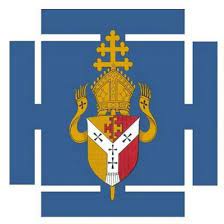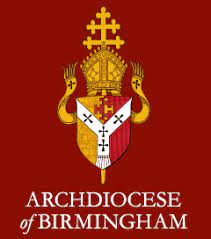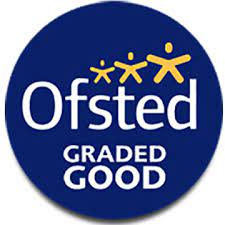Computing

Intent
At St. Mary’s we want pupils to be masters of technology. Technology is everywhere and will play a pivotal part in their lives. Therefore, we want to model and educate our pupils on how to use technology positively, responsibly and safely. We want our pupils to be creators not consumers and our broad curriculum encompassing computer science, information technology and digital literacy reflects this. We want our pupils to understand that there is always a choice with using technology and as a school we utilise technology and model positive use. We recognise that the best prevention for a lot of issues we currently see with technology/social media is through education. Building our knowledge in this subject will allow pupils to effectively demonstrate their learning through creative use of technology We recognise that technology can allow pupils to share their learning in creative ways. We also understand the accessibility opportunities technology can provide for our pupils. Our knowledge rich curriculum has to be balanced with the opportunity for pupils to apply their knowledge creatively which will in turn help our pupils become skilful computer scientists. We encourage staff to try and embed computing across the whole curriculum to make learning creative and accessible. We want our pupils to be fluent with a range of tools to best express their understanding and hope by Upper Key Stage 2, children have the independence and confidence to choose the best tool to fulfil the task and challenge set by teachers.
Therefore our aims are to…
- Develop the understanding of how to use computing safely and responsibly.
- Provide a relevant, challenging and enjoyable curriculum for Computing for all pupils.
- Meet the requirements of the national curriculum programmes of study for computing.
- Use computing as a tool to enhance learning throughout the curriculum.
- Respond to new developments in technology.
- Equip pupils with the confidence and capability to use computing throughout their later life.
- Enhance learning in other areas of the curriculum using computing.
Implementation
As a school we are continually developing our resources and expertise to deliver the computing curriculum. Modules will be planned in line with the national curriculum and will allow for clear progression. We use the 123ICT SOW, which is be backed up by the other planned work. Modules will be designed to enable pupils to achieve stated objectives.
We have an annual whole school focus on E-Safety, in addition to this being embedded in all units covered and in our RHE lessons. This includes training of pupils, staff and parents, as safety when using technology remains our top computing priority.
Additional opportunities for pupils to use their computing skills, include half-termly competitions run by 123ICT and supporting other pupils by becoming a digital leader.
For computing lessons and to support learning across the curriculum…
- Every classroom from EYFS to Year 6 has a laptop and an interactive board with audio, DVD and video facilities.
- Each phase of the school (KS1, LKS2 and UKS2) have an IPad trolley containing 30 IPads (90 in total). EYFS have a set of 10. These are available to use for discreet Computing sessions as well as support across the curriculum.
- Each phase of the school (KS1, LKS2 and UKS2) has 32 Chrome Books. There are also 6 additional Chrome books for intervention lessons. These are available to use for discreet Computing sessions as well as support across the curriculum.
- The school has 2 interactive tables which support groups of pupils for interventions and those with additional needs.
- Alongside the hardware mentioned above, the school has the following: colour printer, robots (Bee-Bots, Pro-bots).
- Sets of headphones have been purchased for all KS2 classes in order for pupils to work independently on activities with sound.
Impact
We measure the impact of our curriculum through the following methods:
- Assessing children’s understanding of topic linked vocabulary before and after the unit is taught.
- Summative assessment of pupil discussions about their learning.
- Evidence of what the child has produced
- Interviewing the pupils about their learning (pupil voice).
- Termly assessment against key skills
- Annual reporting of standards across the curriculum.
St. Mary's Whole School Progression Map Computing



